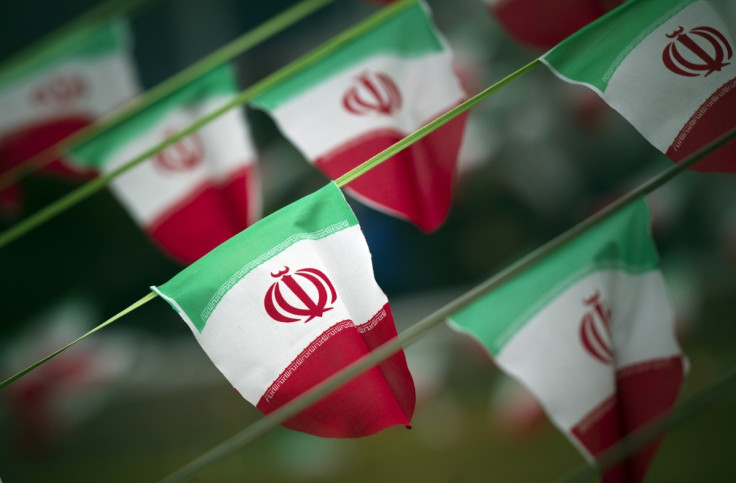Don't Risk the Iranian Prize of Trade, Security and Energy

The latest round of Iranian nuclear talks broke up without agreement in April and a new round of negotiations between Tehran and the five members of the UN Security Council plus Germany, is scheduled to be held in Vienna on May 13.
However, the attention of the West's leaders is set to move away from Tehran once again with time running out on the six-month interim deal agreed last winter that requires renewal by July 20. With it go the chances of the most important of prizes with major benefits to both the global economy and regional security.
The progress to date flirts with failure not purely on the technical issues which, although significant, are not insurmountable, but through distraction and lack of political will.
With the West's cooperation with Russia on geopolitical issues becoming increasingly untenable, the US continuing its much vaunted Asian pivot, and the EU about to enter a period of stasis and internal reflection in the upcoming European elections, the chances of securing high-level political buy-in are receding.
It was notable that on the weekend of the April talks, big political hitters such as Kerry, Hague and others only arrived late on Friday evening after days of wrangling among more junior officials, possibly as their minds were elsewhere. Could their presence earlier in the proceedings have helped facilitate at least a more common and advanced position?
A solution requires immediate political will, at the very highest of levels, from the negotiating block and requires politicians from all sides to take the Iran talks on their own merits and not as a moving part of a wider geopolitical game. Talks of this nature require immense political courage. Nixon and China, Blair and Northern Ireland, the building of the European community after the Second World War, Ghandi and Indian independence; they all required immense political will and a determination not to lose sight of the bigger political prize at play in the face of seemingly insurmountable obstacles.
This is the single minded and unified determination we now need. Rumours of divisions among the P5+1 have not helped and only diminish the strong approach required.
We are operating in a narrow window for action, not only because of the interim deal's deadline but also domestic forces, particularly in the US and Iran. In the US, how much longer will an increasingly restless Congress - keen to slap harsher sanctions on the Iranian regime - give Obama the latitude to negotiate? With the mid-terms approaching, this dilemma will only intensify.
In Iran, senior conservatives have to date been content to give Rouhani room for manoeuvre but the longer the talks drag on without serious progress, the more likely they are to withdraw their tentative support for the process. Indeed, we are already seeing Ayatollah Ali Khamenei making more strident statements than in the past over the right to enrich uranium. Real political leadership is required to cut through these domestic tensions to make a deal a realistic possibility.
Given the obstacles, is the prize worth it? I would go so far as to say this is the greatest of political prizes for our region at this time. In the short term, a lack of a deal could mean the resumption of Iran's nuclear programme, the resumption of harsher US sanctions and the return to a polarised Iran amid the political uncertainties of the wider Middle East.
In the longer term, a deal with Iran, which brings her back into the international community, has enormous benefits. On the economic front, the lifting of sanctions brings this great trading nation back into play with huge multiplier effects, not least on countries in the Gulf who have much to gain, and in meeting the world's energy security needs.
More importantly, on a political level, if the Iranian "problem" can be solved, this gives major impetus to wider peace efforts across the region which still need resolving. Difficult issues surrounding Syria and Israel-Palestine have long remained slow moving due to historic US-Iran animosity and can only benefit from such a deal. It can only be a good thing for a wider, more peaceful Middle East which is reshaped around our commonality as opposed to mistrust and historical legacies.
The prize is there to be won but the sands of time are running out. Let political leaders seize the moment.
Mohammed Mahfoodh Al Ardhi is former Chief of the Royal Air Force of Oman and currently Vice Chairman of the National Bank of Oman, chairman of Rimal Investment Projects, a director on the board of Investcorp and chairman of Sundus Investments.
He serves on the International Advisory Board of The Brookings Institution in Washington, D.C. and as a trustee for the Eisenhower Fellowship in Philadelphia.
© Copyright IBTimes 2025. All rights reserved.





















